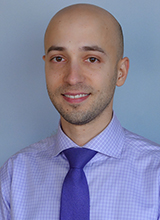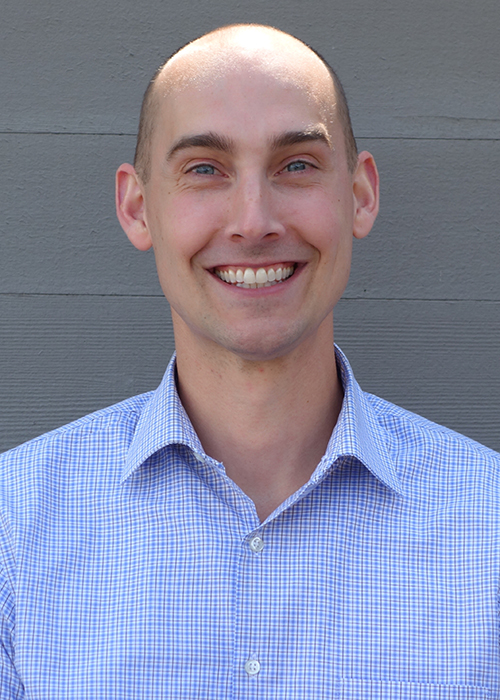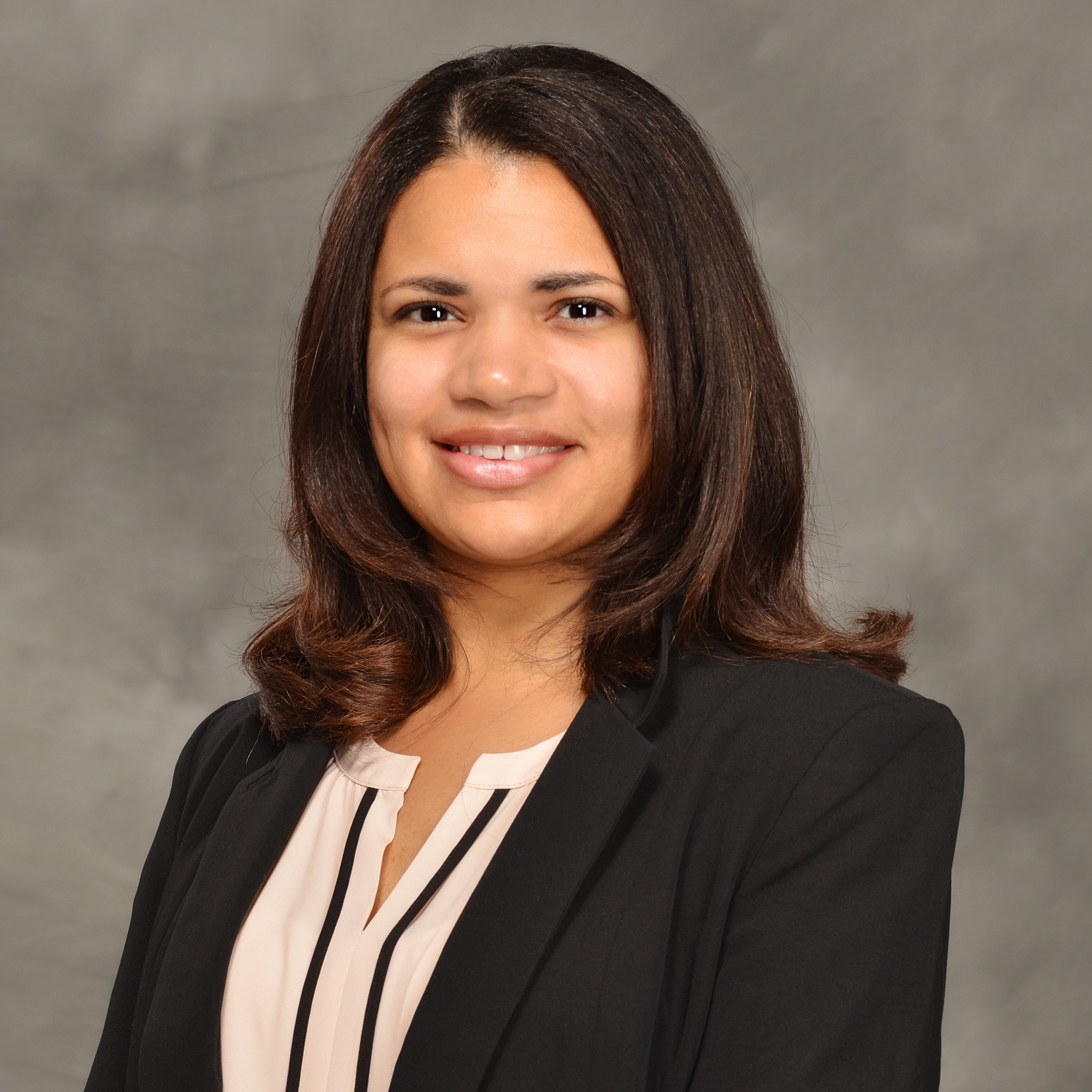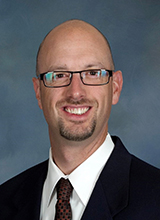
The Hendrickson research group explores underlying biological mechanisms related to the development and maintenance of posttraumatic stress disorder (PTSD) and related conditions, including mild traumatic brain injury, as well as the potential for interaction between different types of stress and trauma. Through the design and implementation of translational clinical studies, we apply this work directly to the pursuit of new treatment options for people who have experienced a traumatic stress.
A primary goal of our team is to understand broadly the ways traumatic stress interferes with people’s lives, and to prioritize the areas of greatest clinical need. We look for ways to prevent persistent symptoms after trauma, to match patients more quickly to the treatment options that will be most effective for them as individuals, and to develop new treatment options for those for whom current options are simply not adequate.
In addition to my research work, I am a staff psychiatrist in the VA PTSD Outpatient Clinic and a member of the VA Dialectical Behavioral Therapy (DBT) Team, and provide teaching and mentorship for residents in the UW Psychiatry Training Program.

Personal Statement
I am an investigator in the Seattle-Denver Center of Innovation for Veteran-Centered and Value-Driven Care and Associate Director of the Seattle Center of Excellence in Substance Abuse Treatment and Education (CESATE), one of two national VA centers devoted to improving the quality of care and clinical outcomes of veterans with substance use conditions. I am also a licensed clinical psychologist in Washington State. My primary research interests include evaluating and improving behavioral health and substance use outcomes of Veterans with alcohol and/or drug misuse conditions. I received his PhD from Brigham Young University.
My primary research interests include evaluating and improving behavioral health and substance use outcomes of Veterans with alcohol and/or drug misuse conditions. Ongoing research interests include prevention of alcohol misuse among Veteran populations and development of a collaborative care management intervention for patients with complex, recurrent substance use disorders and high utilization of hospital services. Current projects include evaluating collaborative care management approaches for treating Veterans with complex and chronic substance use disorders, estimating the relative risks of serious adverse events among Veterans with PTSD who are prescribed opioids and benzodiazepines concurrently, evaluating clinical decision support interventions to reduce concurrent use of opioid and benzodiazepine medications among high-risk Veterans and validation of quality indicators for recognition and management of problematic alcohol use, and assessing the recognition and management of alcohol misuse among OEF/OIF Veterans with and without TBI.
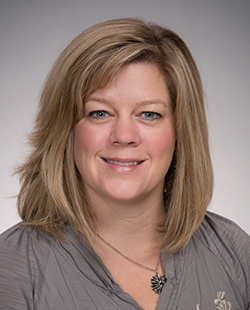
Personal Statement
My passion for patient care is the core of who I am as a physician. As a consultation-liaison (C-L) psychiatrist, I have unique and broad teaching opportunities. The C-L role lets me teach non-psychiatrist peers, trainees from other specialties, and professionals from other disciplines. I particularly like helping providers to understand their patients’ psychiatric ailments, the complex interplay among psychiatric conditions and general medical problems, and the goals for recovery. Furthermore, I provide active support to patients and their families as they navigate our highly complex medical system with their illnesses and fears. Since the beginning of my tenure, I have been involved in the administrative aspects of medical student, resident and fellow training and curricular development. Education is the common thread that unites all of my academic activities. I have served as an Associate Program Director for 13 years at UWMC, Program Director of the Adult Psychiatry Residency program for 5 years and now work in CL psychiatry at the VA Puget Sound Health Care System. I am currently the Associate Program Director (APD) for the site and a core APD for Evaluation of our residency program.

Personal Statement
My research focuses on understanding and addressing the contextual factors like social support and policy that affect health and health behavior. I completed a VA Health Systems Research (HSR) Career Development Award focused on developing a behavioral weight management program for Veterans with PTSD called MOVE!+UP (2015-2020). We are currently testing MOVE!+UP in a VA HSR Merit-funded study using a hybrid effectiveness and implementation RCT design. I recently led another VA HSR Merit-funded study as Principal Investigator (PI) to test a self-directed behavioral weight management intervention among 500 Veterans with obesity; the findings were published in JAMA: https://jamanetwork.com/journals/jama/fullarticle/2799407. I am Co-PI for two additional VA HSR Merit-funded studies, both RCTs testing behavioral interventions that harness the power of social support. Last, I am Co-PI for a VA operations-funded project called MOVED By LOVE, a multi-method study that is partnering with Black Veterans to enhance how weight management care in VA serves Black Veterans. The first findings from the study were recently published in the Journal of General Internal Medicine: https://link.springer.com/article/10.1007/s11606-024-08628-7. I am fortunate to work with Veterans with PTSD as a staff psychologist in the VA Puget Sound-Seattle PTSD Outpatient Clinic. Lastly, I have an interest in maximizing research impact by communicating about science with Veterans, the public, institutions, and policymakers.
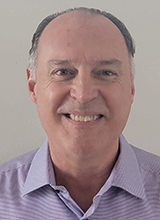
Personal Statement
I am a Professor in the Department of Psychiatry and Behavioral Sciences at the University of Washington School of Medicine, and the Director of the Division of Population Health. I am also a Core Investigator at the HSR&D Center for Innovation for Veteran-Centered and Value-Driven Care at the VA Puget Sound Health Care System, and the Director of the VA Virtual Care QUERI Program.
For the last 35 years, my research has focused on access to care. I have published a framework for conceptualizing access to care in the digital age that incorporates virtual care technologies. I have conducted clinical trials to test the effectiveness of virtual care technologies to facilitate the delivery of evidence-based mental health services in rural primary care clinics. I have also conducted implementation trials to test the effectiveness of strategies to promote the uptake of virtual care technologies by primary care patients and providers. My research has been supported by NIMH, NIAAA, PCORI, and VA HSR/QUERI.
Personal Statement
As a board-certified clinical health psychologist, I have primarily focused my clinical work on preventive medicine with special expertise in diabetes, weight management, and tobacco use cessation. I train clinicians in motivational interviewing and health coaching, and am currently a co-investigator on a research study examining an intervention with peer health coaches in the Veterans Health Administration (VHA).
After nearly two decades of working in complex healthcare settings, like the VHA and serving in several leadership roles within and external to the VHA, I have grown a passion for supporting those who serve others and improving workplace well-being. I am currently working toward ICF certification to be come an Associate Certified Coach and am enrolled in a Masters program in Leadership and Organizational Development.

Personal Statement
Having always been interested in wholistic care, I completed a Med-Psych residency with board certification in both Internal Medicine and Psychiatry. My career has focused on integrating care to improve access to those who suffer from mental disorders. I have experience in developing, implementing, leading, and evaluating integrated Primary Care Mental Health programs. This work led to the development and national implementation of integrated care known in the VA as Primary Care Mental Health Integration (PCMHI).
At VA Puget Sound, I led a team that implemented and developed the first PCMHI program which has been rated as one of the top 10. It was through this integrated PCMHI work that I realized rural populations lacked access to mental health care and I became interested in how the emerging digital technologies could be leveraged to provide care. With the goal to improve mental health care for this population, I developed, implemented, and led the first Telemental Health Service at VA Puget Sound known as Promoting Access to Telemental Health (PATH). This program focused on implementing digital health into routine mental health care, evaluation of implementation efforts, and digital health curriculum design. PATH has been fully implemented into VA Puget Sound Mental Health Service Line.
As a researcher, I have served as a principal and co-investigator on numerous research projects that focused on the development and implementation PCMHI and Care Manager programs. More recently, my research has focused on evaluation and implementation of telemental health programs. Current work focuses on improving virtual integrated care in rural VA clinics, integrated care curricular design, evaluating mental health service delivery for the national VA Telehealth Clinical Resource Hubs, and supporting the UW Behavioral Health Institute to develop Digital Health Training programs. In addition, I am proud to serve as a Captain in the United States Navy Reserve and I am an Operation Iraqi Freedom Veteran.
I am a Professor in the Department of Psychiatry and Behavioral Sciences and I work as the Deputy Associate Chief of Staff for Mental Health at the VA Puget Sound Health Care System. I am a licensed clinical psychologist. My research is focused on studying mental health technologies to support Veterans, Service Members, their families, and the health care staff that treat them. I research mobile applications, virtual reality, virtual standardized patients, and other innovative approaches to improve mental health education and services. I have conducted DoD and VA funded research and focus on applied interventions that may have promise to make a difference in the lives of those we serve. I am an Army Veteran and current behavioral health officer in the Washington State Army National Guard.

